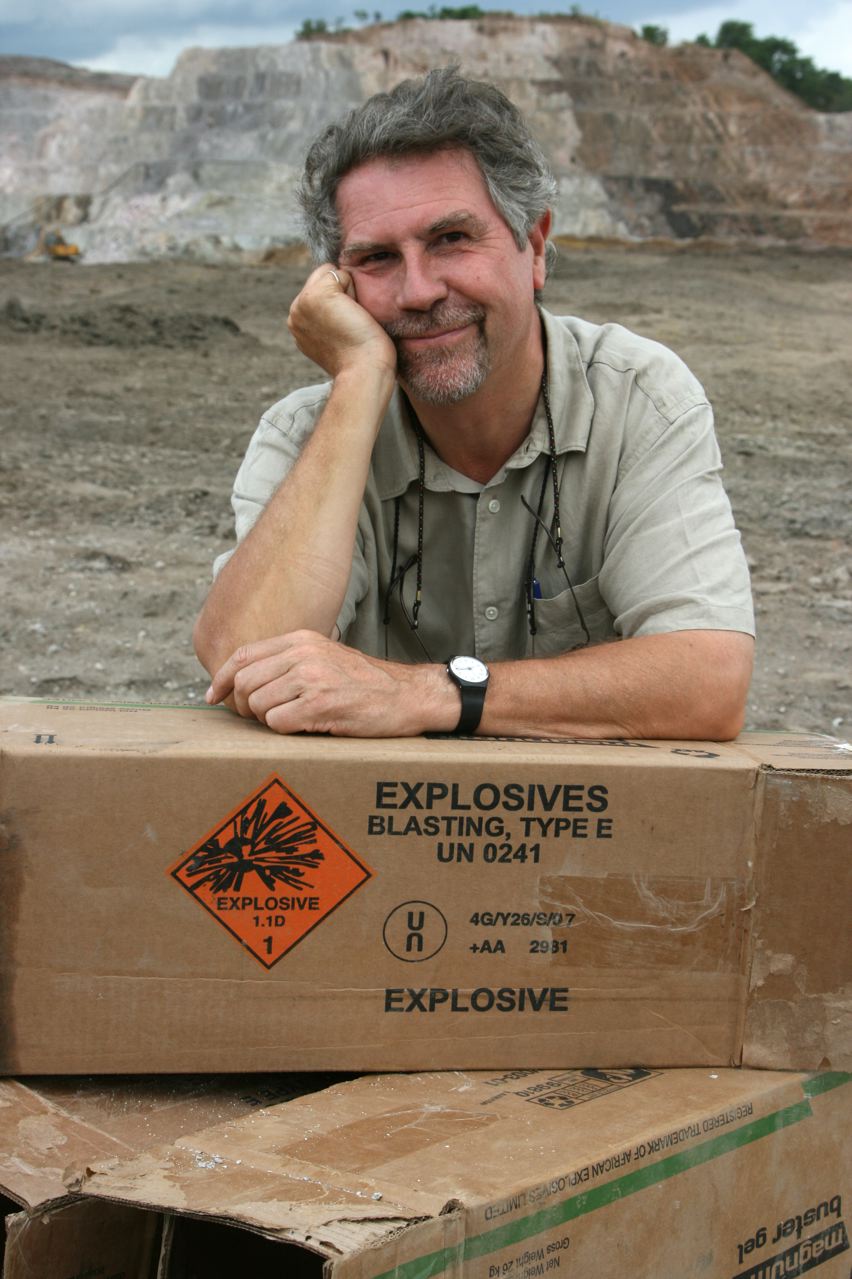
It will soon be 20 years since I made a film on the fight for life in a public hospital in Guinea, Donka, radioscopie d’un hôpital africain, (Donka, X-ray of an African Hospital) which has been awarded some of the greatest international accolades: the Golden Gate Award (San Francisco); Best Documentary of the Year at the IDA in Los Angeles; Best Feature-Length European Documentary Film by Média, etc. It was broadcast by many TV stations in Europe, Japan and the USA. Since then, the issue of health and the fundamental fight for life has continued to fascinate me.
Ten years later, during the shooting of another film in Africa, Congo River, I travelled up the river and through the history of this great country of which I have in some ways become the chronicler for around twenty years and ten films. During this period of shooting, I filmed the tragic circumstances of women who were victims of rape and mutilation designed to wreak havoc on the social cohesion of the families and communities that they belonged to. I had not only gathered the testimony of a huge number of victims, but also the senseless stories of rapists, including the Mai-Mai militia who encourage this behaviour, describing themselves as rabid dogs capable of the most extreme violence, including against unarmed women.
This is how I subsequently came to want to film the path taken by one of these doctors, at the heart of this region of huge lakes, for almost a theatre for political violence, in-fighting and ethnic wars in which women were among the main victims. This doctor, doctor Mukwege, carries out, in the province of Kivu, exceptional work, with utter determination.
This project was made even more obvious, as doctor Mukwege is an extraordinary character, an example not only for Africa but for the world of humanitarian engagement, political courage and the determination to fight against the forces of evil.
After my last film on power and political ambition, L'irrésistible ascension de Moise Katumbi (The Irresistible Rise of Moise Katumbi), I wanted to produce a portrait of a man who fights every day, whilst risking his own life, against these obscurantist forces; an example for Africa, one of those men who are a source of honour and pride for the African continent, in a similar way to Nelson Mandela. Or to Martin Luther King in the USA.
As a backdrop, we again come across the themes dealt with in my previous films: the fight for dignity of the disenfranchised; exposing the arrogance of those in power; and the impunity they grant themselves against the background of this economic war and mafia-type interests to appropriate the huge wealth of mining resources in the Congo but also the exceptionally fertile lands of this paradise on earth, which has for many has become a hellish world of hatred and violence and for others a land of resilience and resistance.
From coal mines to prisons, from Brazil and the Maghreb to black Africa, Thierry Michel has always denounced peoples’ distress and shared their revolts, sometimes in a mixture of fiction and reality. Born on 13 October 1952 in Charleroi in Belgium in an industrial region known as “Black Country”, Thierry Michel began studying at the Institut des Arts de Diffusion in Brussels at age 16.
In 1976, he started working at the Belgian television where he made numerous reports around the world. He then went on to filmmaking. He directed two feature-length fiction films, Hiver 60 which dealt with his country’s political situation and Issue de secours, a very personal and poetic piece.
Yet his oeuvre is especially known for his many documentaries, which have received international recognition and awards and have been shown around the world. Among them are Gosses de Rio; Zaïre, le cycle du serpent; Donka, X-Ray of an African Hospital; Mobutu, King of Zaire; Iran: Veiled Appearances and Congo River.